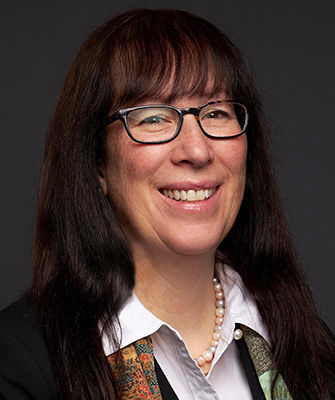Mai’a K. Davis Cross, Rethinking Epistemic Communities Twenty Years Later, 39 Rev. of Int’l Studies 137 (2013).
Why do certain ideas gain traction in policy debates? Regardless of one’s field of study, this question cannot be ignored. The challenge is where to look for answers. The 2013 article by political scientist Mai’a Davis Cross, Rethinking Epistemic Communities Twenty Years Later, is one new and relevant resource in this quest. For more than a decade international tax scholars have drawn on the work of international relations (IR) theory and scholarship. In part, this attention by the tax community was out of necessity. Although it was apparent that international tax policy was subject to and the product of the same basic forces animating the classic subjects of IR study (e.g., military, trade, and environmental policy) tax policy formation traditionally has received scant attention from this branch of political science research. Yet the ideas being developed in IR theory would prove important to a serious and sophisticated understanding of “international tax relations.” Thus, international tax scholars began looking across the divide of research fields to consider the value added from the IR theory work of political scientists such as Cross.
Rethinking Epistemic Communities emerges from one broad strand of IR theory, cognitivism, which explores how we know what we want, what we value, and what we seek. That is, even if much of international relations activity concerns the use of power and/or bargaining games to secure “desired” outcomes, how do countries and other key actors determine what they want? Certainly in some cases the parameters of what a country seeks to achieve may seem relatively clear, but in many others the outcome or at least its particular form, is less obvious. Under the broad umbrella of cognitivist theory, scholars devoted increased attention to the concept of “epistemic communities”– the idea of a “community of experts” who through their own internal standards might develop some measure of “consensus” on an issue. Because of the recognized special knowledge of this community, the consensus ultimately would be influential in shaping outcomes sought by decision. The prototypical epistemic community was a science “community” coalescing around a solution to a problem that would form the basis of international agreement among a number of states. But international tax policy seemed a fertile ground for exploring the potential influence of epistemic communities. Who is formulating ideas of successful or sensible international tax policy? When and how do they achieve credibility? Does the epistemic community model fit?
International tax scholarship has begun to explore these ideas a little, but as one of those interested in the potential for this line of inquiry, I have been eagerly awaiting more guidance and input from the IR literature. However, despite the fact that these ideas were actively introduced into the IR literature in the 1990s, subsequent years have generated less scholarship than might have been hoped or anticipated. Against that backdrop, Rethinking Epistemic Communities offers hope and guidance for a renewed exploration of this concept. As Cross articulates, the study of epistemic communities, particularly in the context of transnational global governance highlights how both state actors and the increasingly important non-state actors are affected by epistemic communities and the constructions of norms, goals, and shared understandings. She acknowledges certain criticisms of the concept but sees them not so much as a constraint on further research but rather a road map of the important questions that future scholarship should address.
For readers already familiar with the topic, the article provides a great contemporary snapshot of the current debates and a thoughtful consideration of next steps. For those newer to the ideas of epistemic communities, the article offers a concise but contextualized overview that goes beyond mere definition and example to offer perspective on the role and value of continued exploration of these issues. And finally, for all readers Cross clarifies some enduring misconceptions (e.g., epistemic communities were never envisioned as exclusively the domain of science; expert influence is not synonymous with ideal policy recommendations) and presents a valuable compilation of the significant scholarship on epistemic communities of the past decade. Every scholar should be concerned with the origin of influential ideas and policy recommendations in the global arena even if these questions do not take center stage on the research agenda. Cross’s article proves a useful entry point into the current study of epistemic communities.








